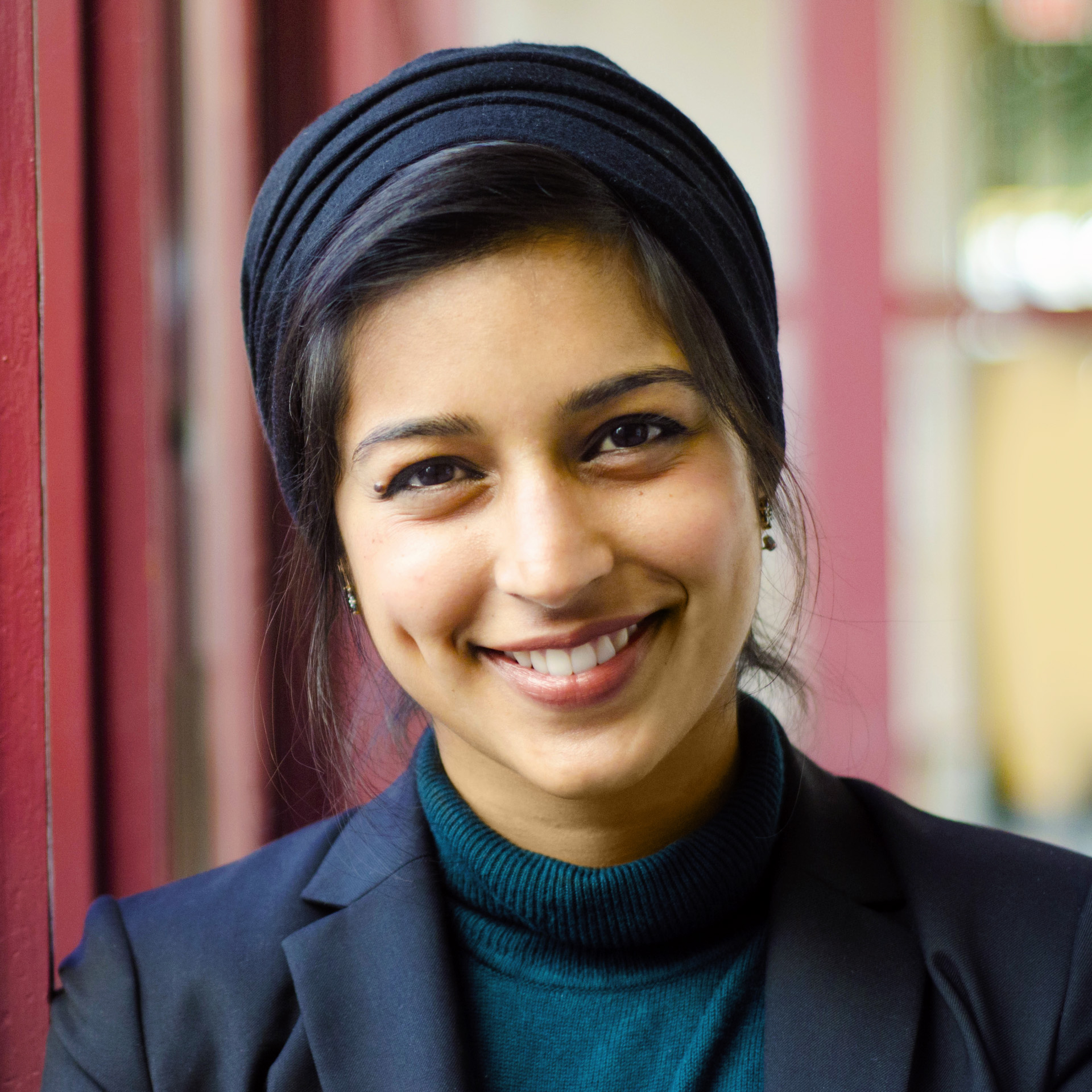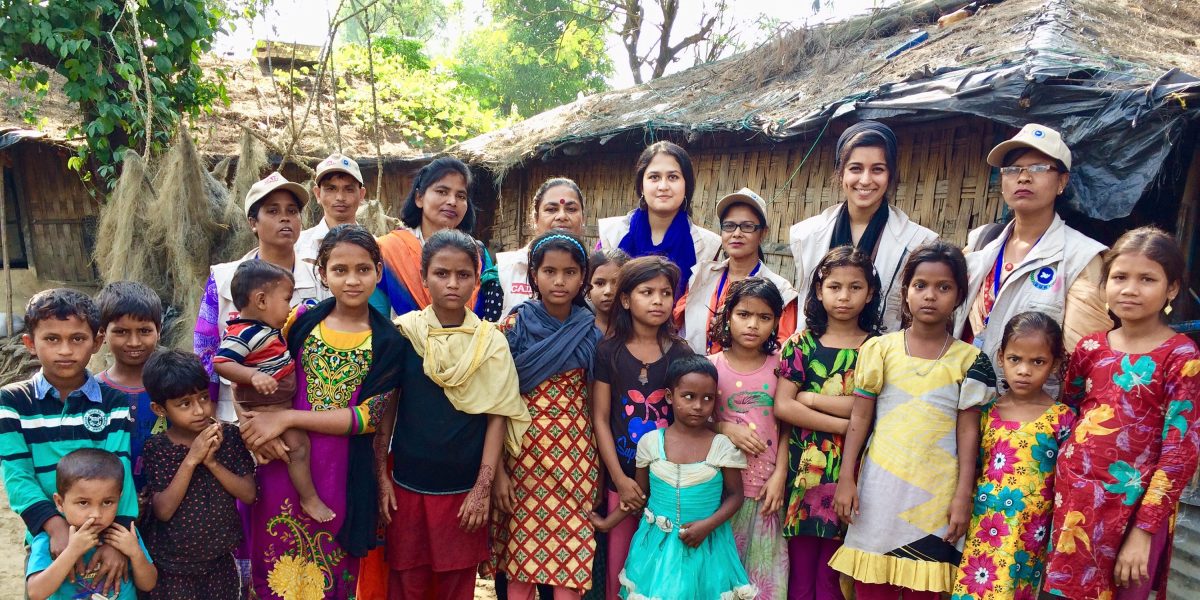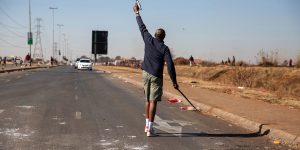[ad_1]
Reshmaan Hussam ’09, Ph.D. ’15, once dreamed of becoming a “psychohistorian” like the protagonist of Isaac Asimov’s novels, who combines sociology, history and statistics to save the world. Perhaps, she thought, such a psychohistorian would be able to sort out the sharp and frightening contrasts that marked her childhood when she lived in the suburbs of Virginia and visited her parents’ families in Bangladesh. She vividly remembers the guilt and confusion she felt as she traveled with her family in traffic jams in Dhaka, watching barefoot children knock on windows asking for food and money. When she discovered development economics, with its focus on human behavior and experimental rigor, the field came as close to Asimov’s psychohistory as possible.
As an economics student at MIT, Husam bolstered her natural interest in the humanities with skills in mathematics, experimental design, and data analysis. She took lessons from Abhijit Banerjee and Esther Duflo, Ph.D. ’99, Nobel laureates, founders of the Abdul Latif Jamil Poverty Alleviation Laboratory (J-PAL), who introduced her to development economics and later became her doctoral advisors. “There are dollar bills you can pick up all over the world,” she recalls Banerjee as saying. “You don’t have to go for a one million dollar change; look for little dollar bills. ”

REQUIRED PHOTO
Hussam built her dissertation at MIT around one such small change: hand washing in West Bengal. Millions of dollars have already been poured into public health hand washing campaigns, but little can be said about it. Therefore, people were skeptical about Husam’s proposal to develop a simple soap dispenser that records use, fills it with foaming soap as an alternative to the rough bars used for washing and cleaning the house, places it somewhere prominently in test subjects’ homes, and uses the data to motivate household members. develop a habit of washing your hands.
But it worked. Simply providing households with affordable and cheap soap and dispensers resulted in health benefits for children: within a few months, those who lived in homes with dispensers grew taller and gained more weight than those who lived in homes without them. According to her, one of the key points was “to get the children interested in the involvement, which could later pass on to their parents.”
Hussam believes the results are a call to “think with great empathy and nuance about how people in the developing world make decisions about preventive health.” This compassionate approach brings together her projects, including her recent study examining the value of work for Rohingya refugees fleeing Myanmar to escape the violence of genocide.
After joining the Harvard Business School faculty in 2017, Husam worked with colleagues for four years on a project offering various levels of cash aid and work for refugees in camps in Bangladesh. Usually, she said, camps are a place of deep idleness. Even when NGO staff organize culinary or cultural events, they rarely attend. While some may interpret this behavior as lazy, “what we found was negative, they are desperate to work,” says Husam. “Work, unlike activity, seems to give a sense of meaning.”
During the experiment, Husam and her colleagues paid one group to do surveying work for two months. The second group received the same salary without compulsory labor. And the third control group received a much smaller amount in exchange for a short survey. For male subjects, “we found that cash alone — which is quite a lot of money given their poverty — hardly improved psychosocial well-being,” she says. Instead, work was the key. Men who were paid to work were less depressed and less stressed, and reported 22% fewer days of suicidal thoughts than those who did not work. She notes that the female subjects saw an improvement in their well-being through cash and work, which seemed to be reinforced by the independence that any money provided.
Ultimately, “despite their poverty, material wealth alone may not be enough when people are in such desperate psychological or emotional states,” concludes Husam. Any attempt to help must be based on respect and common humanity. She hopes her work will serve to humanize the millions of people in refugee crises around the world – people who have lost “a place to call, people to reach, and a direction or purpose.”
[ad_2]
Source link



